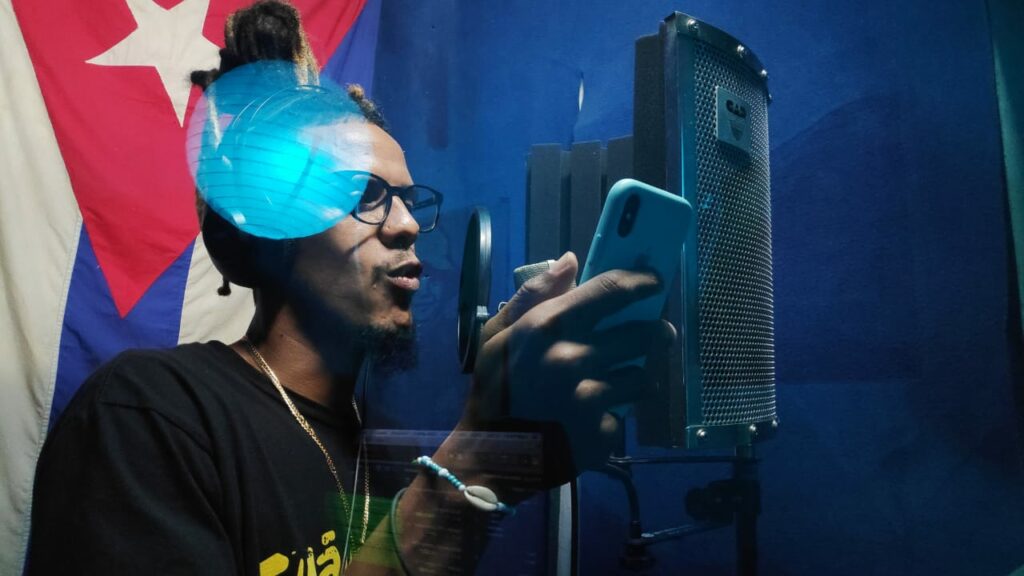

(Havana, Cuba)
All the artists in the project come from different music scenes. How was the experience from your point of view within the process of giving your personal character to the project and working with the personal characteristics of each artist?
Well, for me it’s always very interesting to work in this way, so in a project where different ways of thinking come together, different ways of understanding music, because I think that in itself enriches it. And what I liked most about this project is that we worked in a team where everyone respected each other’s opinions, and that makes for an interesting product, and also where all the ideas come together, where you don’t put your own over the others, and at the same time everyone is happy with the result.
What have you learned from working with musicians from Germany that you would like to adopt in your own work?
Well, first of all, it’s not the first time I’ve worked with musicians and with a team from Germany, and what I really like about working with artists from Germany is the discipline with which they do things, the humility with which they work. They’re able to listen to your opinion, respect it. Like you listen to each other’s opinion and respect it, and that makes the work more enjoyable and you always feel comfortable. I mean, I would like to have it always on my team, but well, within my own team, I can count on those things as well. What’s good is when you find people outside of your own team who work with you like that, you always feel comfortable and you get results like this.
For this project, many languages are involved (German, Spanish and English), but the only common means of communication is music. From this point of view, how was the communication within the team?
I think that between us there has never been a problem with communication. First, because music is a universal language that always leaves an impression as a foundation. And the other thing is that, as I said, it’s not the first time I’ve worked with this team, and I think that what we formed is something like a family, even though we speak different languages, we will always understand each other and the communication will always be exactly in line with what we want, what we feel, and I think that was the way the project worked all the time, from the beginning.
What was the biggest challenge in working via the web/internet/cell phones?
For a Cuban to work online is always a huge challenge, not a challenge, a huge challenge. I’m telling you, we Cubans are only now learning to master the realm of the Internet, and especially for work because it’s a phenomenon that only arrived here recently. But as I was saying just now, since we are talking about a team, a family, where everyone respects each other’s differences, each other’s shortcomings, and we get along well, we don’t get angry with each other, there was no problem getting the work done; if I couldn’t, they could, if they couldn’t, I could, that kind of thing. We always find a moment to try to communicate and understand each other, and I don’t think it was a problem to work online. On the contrary, I am very pleased with how well everything went despite the distance.
What would you like to tell the public to expect from the Dimelo Rapeando project?
Well, I would like to tell the public that they can expect great music from this project. Whether it’s interesting or not, that’s for them to decide. What I’m sure about is that it’s super beautiful music, made from the heart, with a lot of desire to work, based on very good exchanges between the people involved, with very positive energy and I think that if you do something like this, interesting things must come out of it, but well, that’s for the audience to decide, I can’t tell them. What I can tell them is that you can expect music made from the heart, for which we have worked very hard.
What are the disadvantages and advantages of online/internet collaboration?
It has a lot of drawbacks because I’m a person who likes to have everyone together when I create something. I’m also a guy who believes a lot in energies and stories like that, and I love the energies that flow within a piquet. Piquete is what we call a group of people here when they create something. This even goes so far that the way we work here is that when this energy flows, we don’t stop until we are done, it’s not that we stop and continue tomorrow, no, no, until we are done. At least as far as it goes that day, we don’t stop. Sometimes there comes a time when that energy is lost, and then we stop and see if we can find it again tomorrow. And that is harder to find when we are far away from each other. The other thing is that, what I told you before, the problem of the Internet here, especially here in Cuba, it’s quite complicated. As I just told you, I don’t know any of these platforms, these are things that I’m learning because the Internet has only recently arrived in Cuba and we’ve mostly only used it to talk to our family when they live far away, but never for work as such. And then sometimes it’s just little details that I want to fix, little details that I…. I don’t know, want to change and not just change, but “let me see how it sounds,” you know what I mean? And then it’s like, send it over, look at it here and stuff, and then I might stop doing it sometimes because I know how much effort it’s going to take and I don’t know how I’m going to get it done in the time I want. So yeah, there’s a lot of downsides to doing this work remotely, it’s complicated.
The interview was held via FaceTime on the 02/08/2021.
Interview: Maria Quirós
Transkription and Translation: Maria Quirós, Roman Oria, Helene Heuser

(c) Daniel Patterson
Biography
El Individuo represents a scene from the urban music of Havana, Cuba. Its music combines poetic and percussive aspects of Cuban Rap with its own new flow, and production with traces of the Caribbean flavor – reggae, dancehall and Cuban jazz. In the group Con100cia, of which El Individuo was a member from 2009 to 2017, he really created his style and place as a MC in the urban scene of the island. Currently his music lives in a space between Cuban rap, “world music”, and global bass – the genre that celebrates the culture of the urban outcasts.
El Individuo has a unique live set – hip hop, with a full band and a brass section. It has performed for years inside Cuba at rap venues such as La Madriguera and La Marca, as well as at alternative venues including Fábrica Arte Cubano, Museo de Arte Contemporáneo and La Bombilla Verde. Outside of Cuba, El Individuo has performed on stages in the United States, Colombia, Germany, Brussels and France.
El Individuum on Social Media
Instagram
Facebook
Listen to El Individuo on:
Youtube
Spotify
Bandcamp
